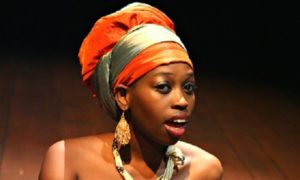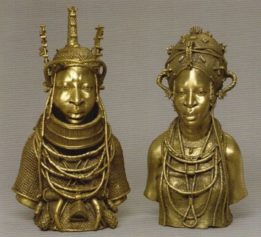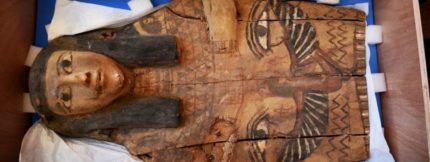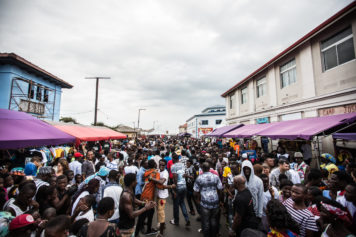“These days, the language of death
is a dialect of betrayals; the bodies
broken, placid as saints, hobble
along the tiled corridors, from room
to room. Below the dormitories
is a white squat bungalow, a chapel
from which the handclaps and choruses
rise and reach us like the scent
of a more innocent time.”
These are the opening lines of Hope’s Hospice, written by Ghanaian-born Jamaican poet Kwame Dawes. He is among nearly 400 African poets from 24 countries in 14 languages who can now be heard reading their work via mobile phones—a first for Africa and the world.
The mobile site, accessible on smart and feature phones, has been launched by the Badilisha Poetry X-Change, the biggest archive of audio recordings by African poets in the world. It is a significant step on this “mobile first” continent where, with limited landline infrastructure, most people access the internet through their phones rather than on computers.
Linda Kaoma, project manager of Badilisha, based in Cape Town, South Africa, said: “We realized we weren’t achieving our goal of reaching a whole audience in Africa. We’ve created a mobile site that can be accessed on almost any phone you have. The response has been great.”
Badilisha appears to suggest Africa’s ancient tradition of oral poetry sits more comfortably in the 21st-century technology of the podcast than in mainstream publishing. Kaoma said: “A lot of publishers are not publishing poetry, but it does not have to be confined to books. It’s alive. The voice adds texture, adds a different layer to the poems. A lot of people are enjoying listening to poetry rather than reading it. We need to change the way we present ourselves to audiences, and audiences need to be aware of different ways of receiving poetry.”
Badilisha began life in 2008 as an annual poetry festival in Cape Town featuring poets from all over Africa and the diaspora. The website came four years later from a desire to reach listeners and readers across the continent, and preserve the work for posterity.
Kaoma said: “If you look at Europe it’s very easy to find archives of many things but in Africa, because of a lot of history and culture was passed down by the oral tradition, and there was lack of documentation, that’s not possible. We didn’t want history to repeat itself.”
The site, which has about 3,000 visitors a month, was relaunched last October with new features such as guests’ top 10 poets and mobile access.
Read more here at The Guardian



